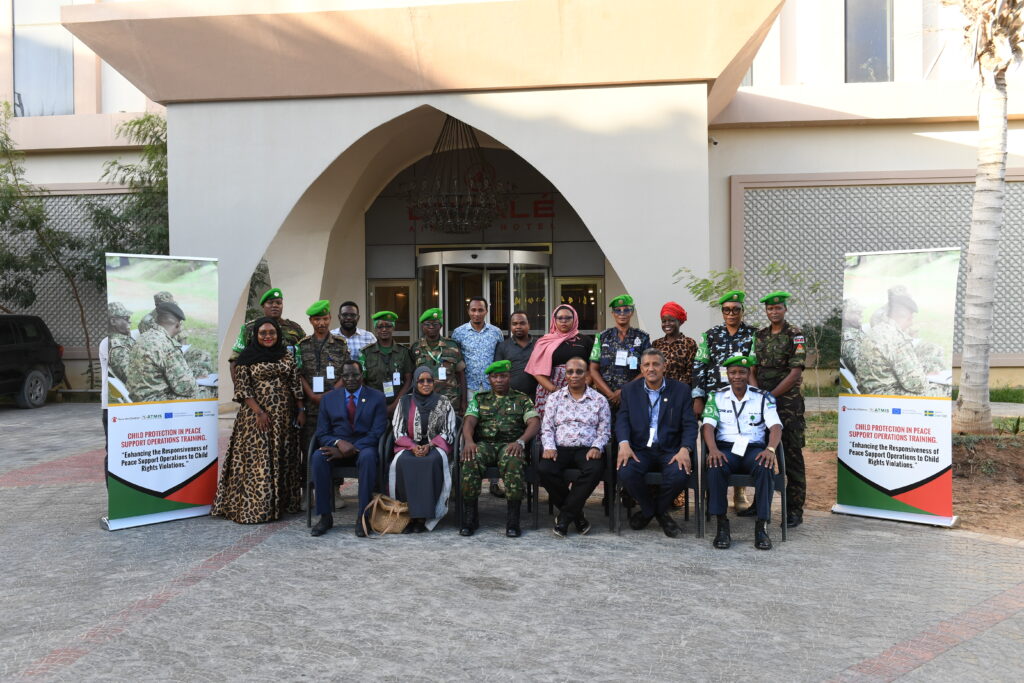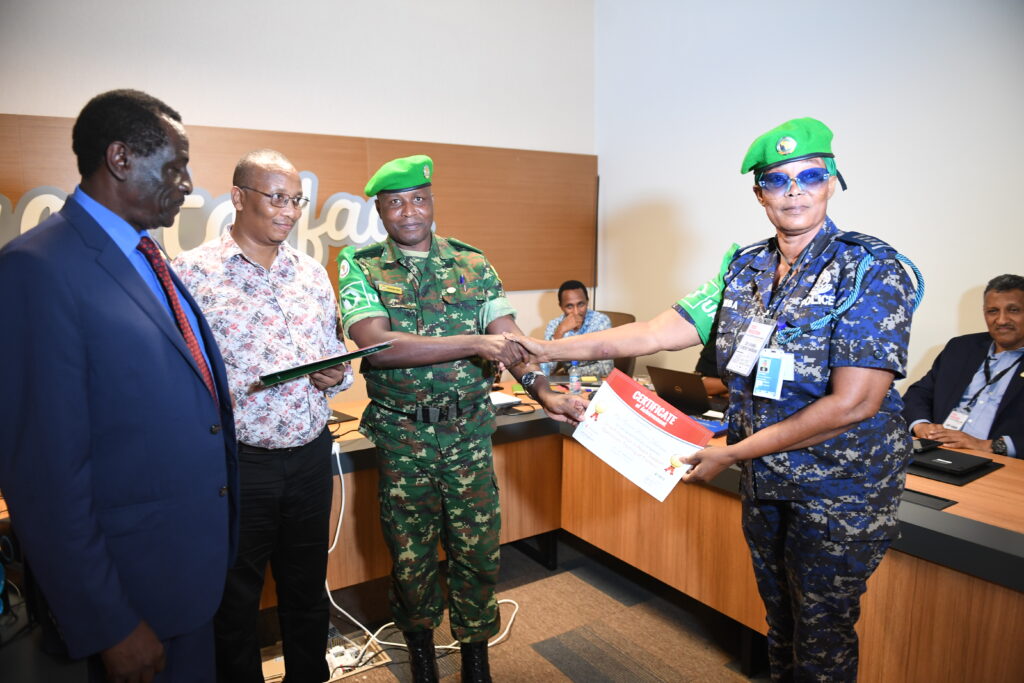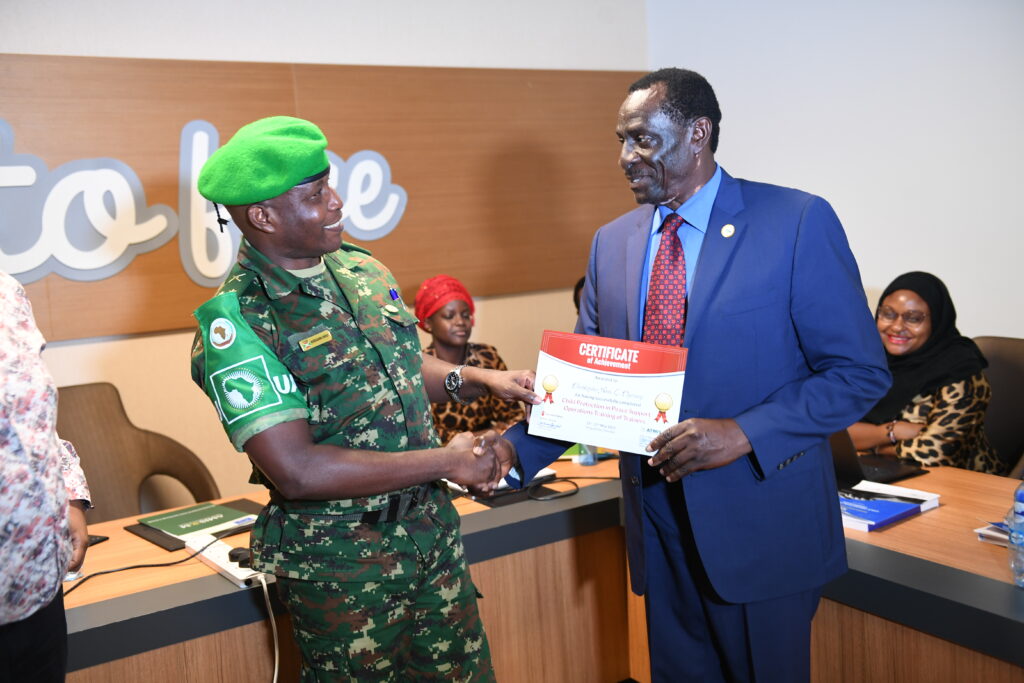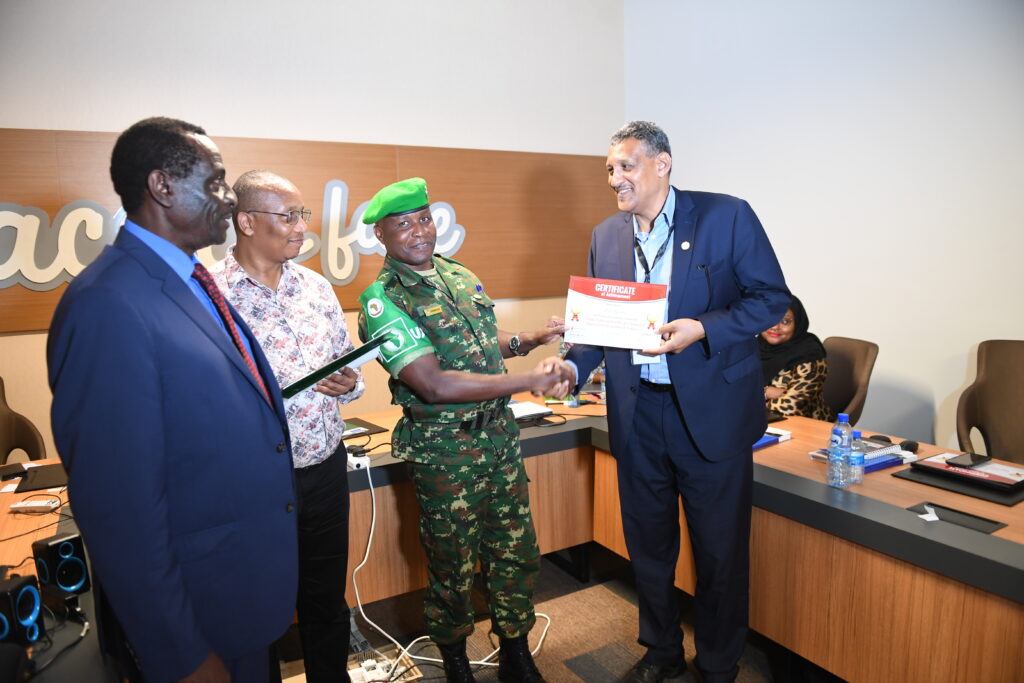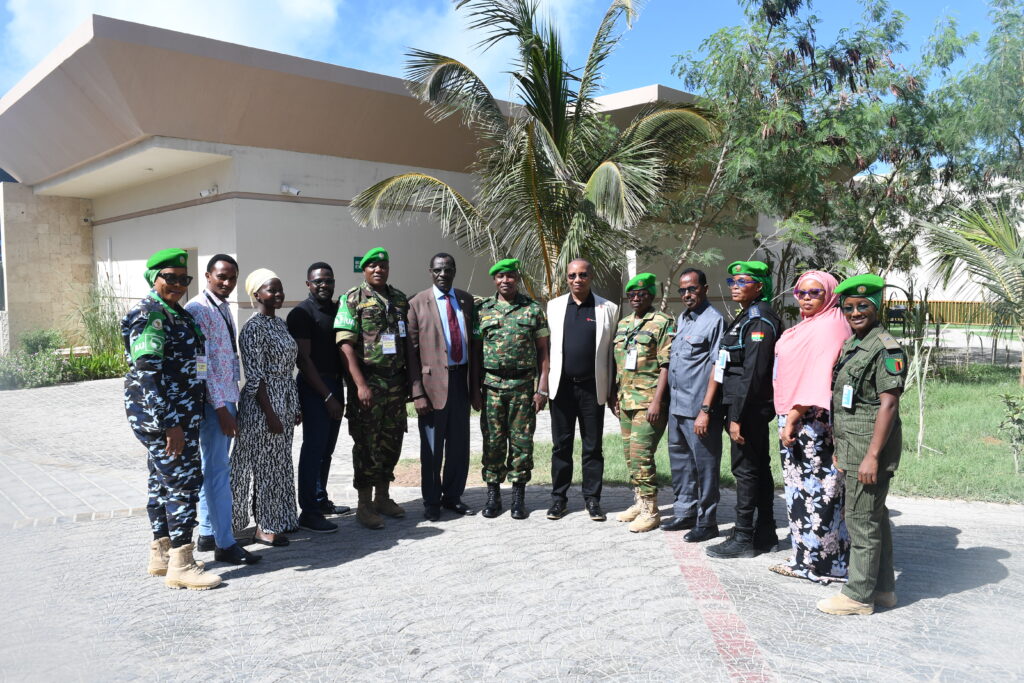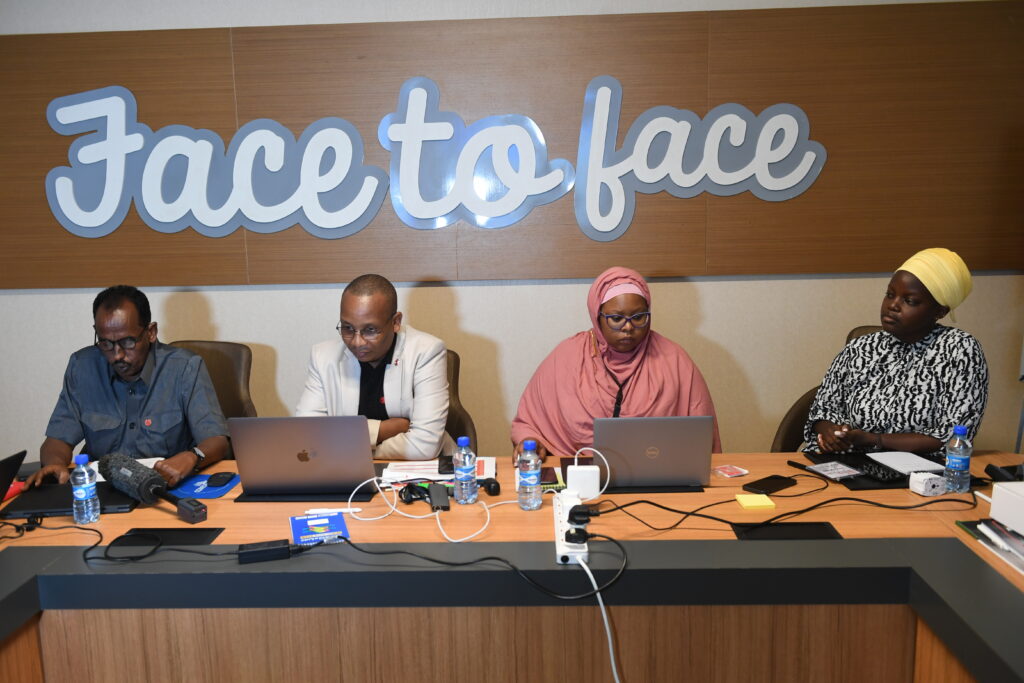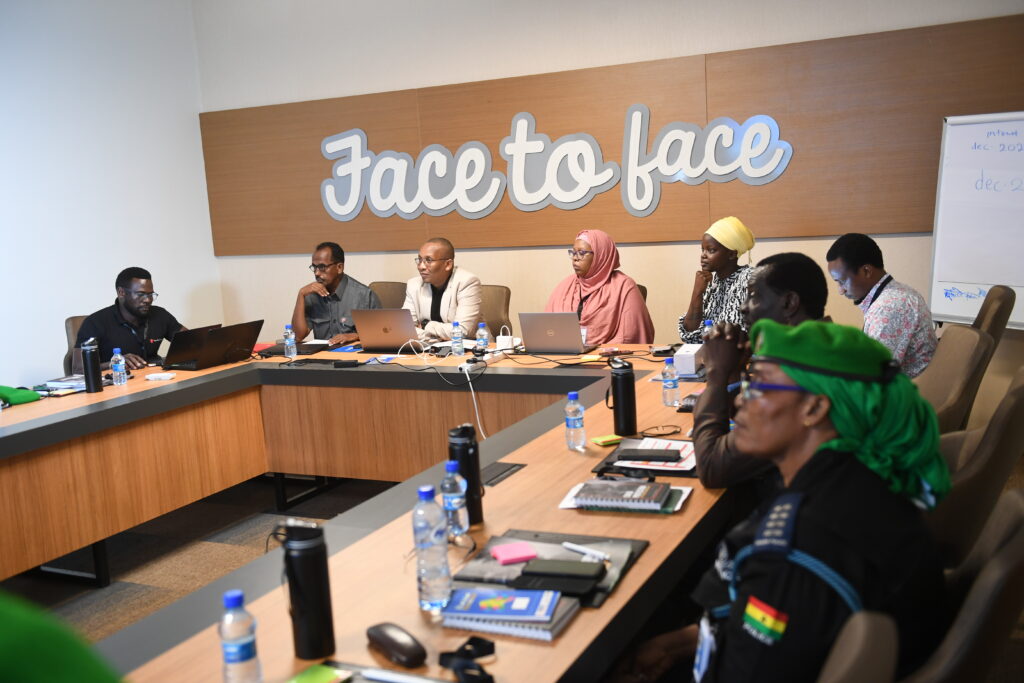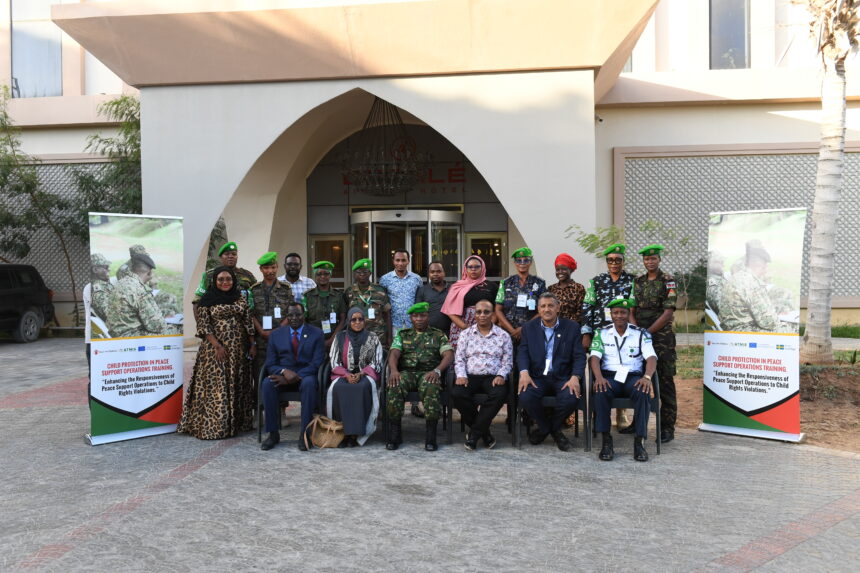Mogadishu, (SONNA) – The African Union Transition Mission in Somalia (ATMIS) is to step up the training of Somali Security Forces on child protection in armed
conflict situations as it approaches the drawdown phase of its mission.
ATMIS Deputy Force Commander, Maj. Gen. Marius Ngendabanka said the protection of children from violence was a critical part of its peace support operations in Somalia.
“Training on child protection is a critical step towards enabling personnel to execute their responsibilities with a child-protection lens,” Maj. Gen. Ngendabanka told a ceremony marking the end of a weeklong Training of Trainers workshop in Mogadishu on Friday.
“Given the ATMIS personnel’s interaction with the Somali Security Forces, the training should also be cascaded as relevant to enhance their capacities in relation to child protection,” the Deputy Force Commander added.
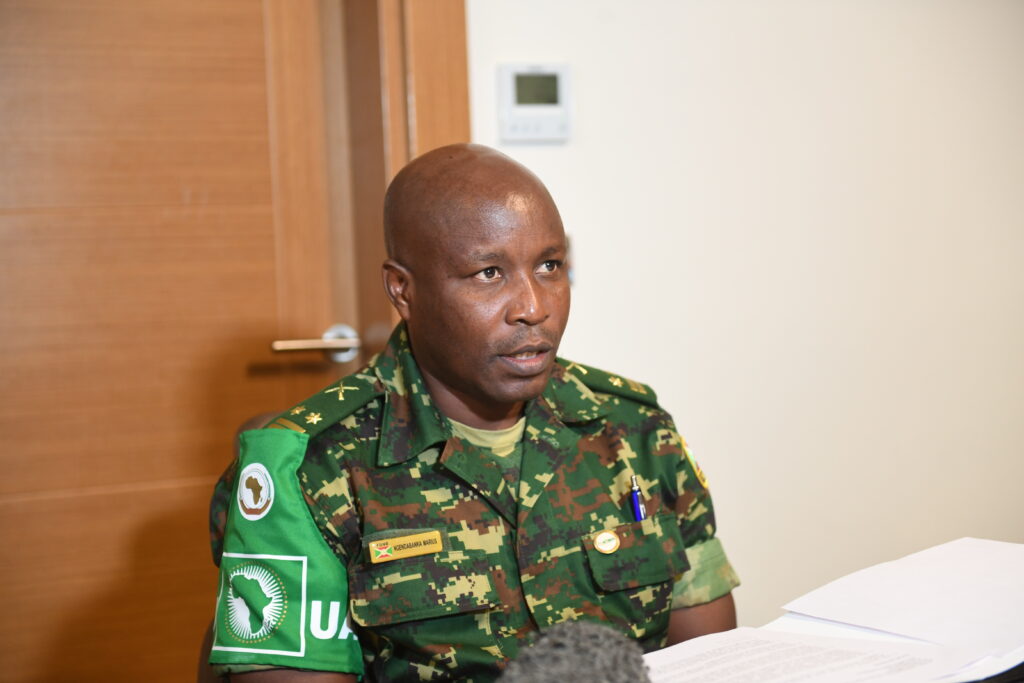
The training attracted ATMIS Civilian and Sector Coordinators, Protection Human Rights and Gender (PHRG), and Civilian Casualty Tracking, Analysis, and Response (CCTARC) cells staff and Police and Military Gender Focal Points.
Also in attendance were staff from Police and Military Training cells and the Mission’s Political Unit.
Some of the training modules included child protection in peace support operations, the impact of conflicts on children, child protection issues, legal frameworks for child protection, and understanding grave violations against children amongst others. Child exploitation is still rampant in Somalia, mainly due to the abduction and forced recruitment of children as soldiers by Al-Shabaab and other armed groups.
Anthony Njoroge, the lead facilitator and the Save the Children Head of Programme for Children, Youth in Peace and Security, said the training was part of the organization’s initiative focusing on strengthening the capacity of armed state actors to prevent abuse and violence against children.
“The group we are training right now are supposed to be trainers of trainers and run training elsewhere. We needed to equip them with facilitation skills, how to build training modules, and execute them,” said Njoroge.
He noted that children in Africa bear the brunt of armed conflict, with over 200 million children in Africa believed to be caught up directly or indirectly in conflict and facing violations that include attacks on schools and hospitals, rape and sexual abuse, killings and maiming, abductions and disappearances, as well as denial of humanitarian access.
One of the trainees, Fadir Karar, said the training had equipped participants with tools and knowledge to report and monitor violations against children.
“We will apply these tools to ensure that the monitoring mechanisms are in place in support of all African Union frameworks and resolutions as well as the UN Security Council resolutions,” said Karar, the ATMIS Civil Affairs Officer.
Another participant, Maj. Mary Kaonga, who is also the ATMIS Military Gender Officer, said the 12 participants will come up with an action plan on how to share the knowledge acquired with other personnel in their areas of responsibility.
“There will be a need for us to come up with activities, programmes that we will use to reach out to those who were unable to be part of the training,” noted Maj Kaonga.
The training was organized by Save The Children International in collaboration with the Mission’s PHRG division and supported by the European Union and the Swedish Government.
According to the African Charter on Rights and Welfare of the Child, the situation of most African children remains critical due to the unique factors of their socioeconomic, cultural, traditional and developmental circumstances, natural disasters, armed conflicts, exploitation and hunger.
As a result, the document adds, they need special safeguards and care to realise proper physical and mental maturity.
